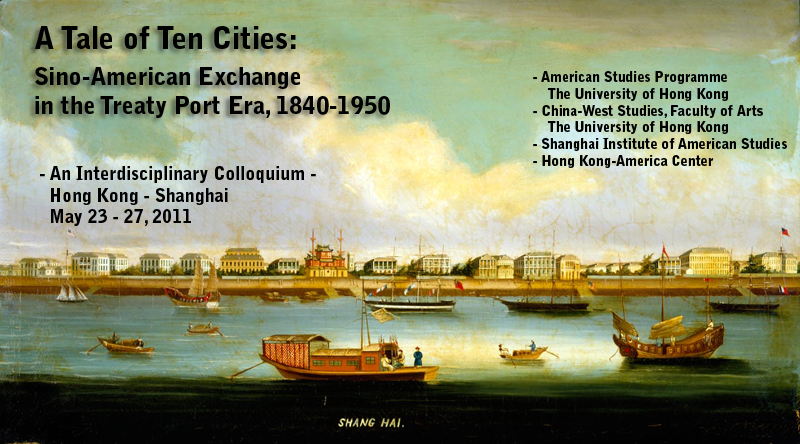Professor Peter Buck
Professor, History of Science, Harvard University (Emeritus)
Paper Title:
American Science and Modern China, 1876-1936
Peter Buck was Senior Lecturer and Director of Undergraduate Studies in the Department of the History of Science at Harvard University when he retired in 2006. He holds degrees in mathematics (from Stanford University) and the History of Science (from Harvard), and taught at UCLA and MIT before returning to Harvard in 1987. His teaching and research interests center on the interactions of science and technology with society and politics. He was Dean of the Harvard Summer School from 1987 to 2003. Buck's first book, American Science and Modern China, examined the transfer of scientific ideas and organizations from the United States to China in the late 19th and early 20th centuries. He has written a variety of essays and articles on topics ranging from science and development, vital statistics and demography, the history of the social sciences, and child health, to studies of army life during World War II. He is currently at work on another book, Healthy, Wealthy, and Wise, a study of private philanthropic foundations, community medicine, and applied social research in America between the two world wars. This book grows out of research he and his Harvard colleague, Professor Barbara Rosenkrantz, began a quarter of a century ago.
Abstracts:
My assignment in this paper is to look back at a study I published thirty years ago, American Science and Modern China, 1876-1936; remind myself of its main themes and conclusions; and offer some retrospective observations on both the book and its subject matter. That sounded like a request for something akin to an extended book review when it was first presented to me. Having written more of those than I care to think about during my academic career, I accepted the invitation to produce yet another one without hesitation, and without giving more than a passing thought to the possibility that I might be setting myself up for a fall into either or both of the more obvious traps that lie in wait for historians who revisit their own pasts. I did make a mental note of the need to avoid coming across as engaged in either an embarrassingly public exercise in self-criticism or a misbegotten attempt to resurrect an old and by now forgotten tract for its time. But those risks seemed unlikely to become manifest, as I knew I would be approaching the project with a fresh eye: my copy of ASMC was in mint condition, as well it should have been, given that I did not get around to reading the book when it came out in 1980 and never found an occasion to do so subsequently...
